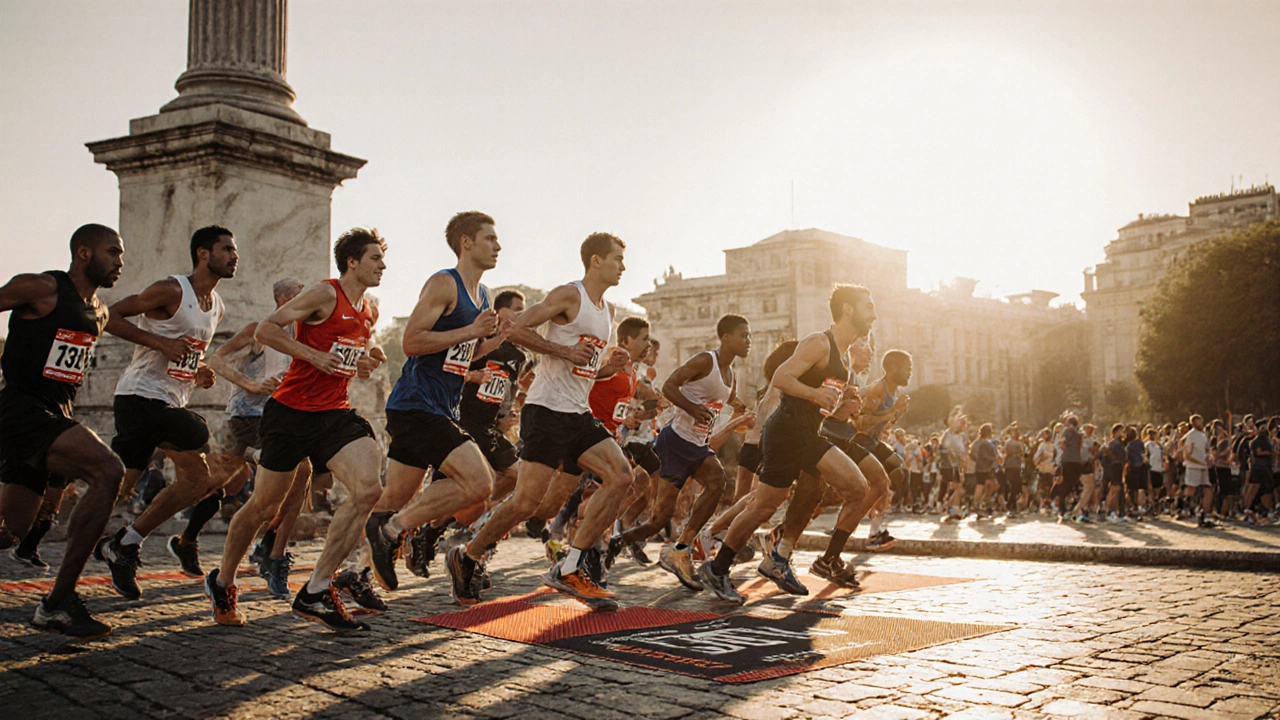
Average Marathon Time: What Influences It and How to Beat It
When looking at average marathon time, the typical finishing duration for a 42.2 km race across different runners. Also known as marathon finish time, it varies widely based on training, age and pacing. Understanding it starts with solid marathon training, a structured program that builds endurance and speed and proper marathon recovery, the post‑race routine that repairs muscles and restores energy.
Key Factors that Shape Your Finish
First, age plays a measurable role: runners in their late 20s to early 30s often hit the fastest averages, while times tend to climb after the mid‑40s. That’s not a rule set in stone, but a trend you’ll see in race results worldwide. Second, pacing strategy directly influences the final number – beginners who start too fast typically burn out, inflating their average time, whereas seasoned runners aim for even splits or a negative split to keep energy reserves for the last 10 km.
Training volume and intensity are the third pillar. A weekly mileage of 40‑60 km combined with speed workouts, like interval repeats and tempo runs, usually pushes the average down by several minutes. Nutrition, hydration, and sleep habits are supporting actors; neglecting any of them can add a surprising 5‑10 % to your total time. Finally, the day‑after routine – the recovery plan – dictates how quickly you bounce back for the next long run, which in turn affects overall fitness and the average time you can sustain over multiple races.
All these pieces – age, pacing, training load, and recovery – interlock to form the average marathon time landscape. By tweaking each component, you can move your personal finish time from the crowd‑average to a competitive mark. Below you’ll find articles that break down each factor in detail, share real‑world training schedules, and offer science‑backed recovery tips, giving you the tools to shave minutes off your next race.
